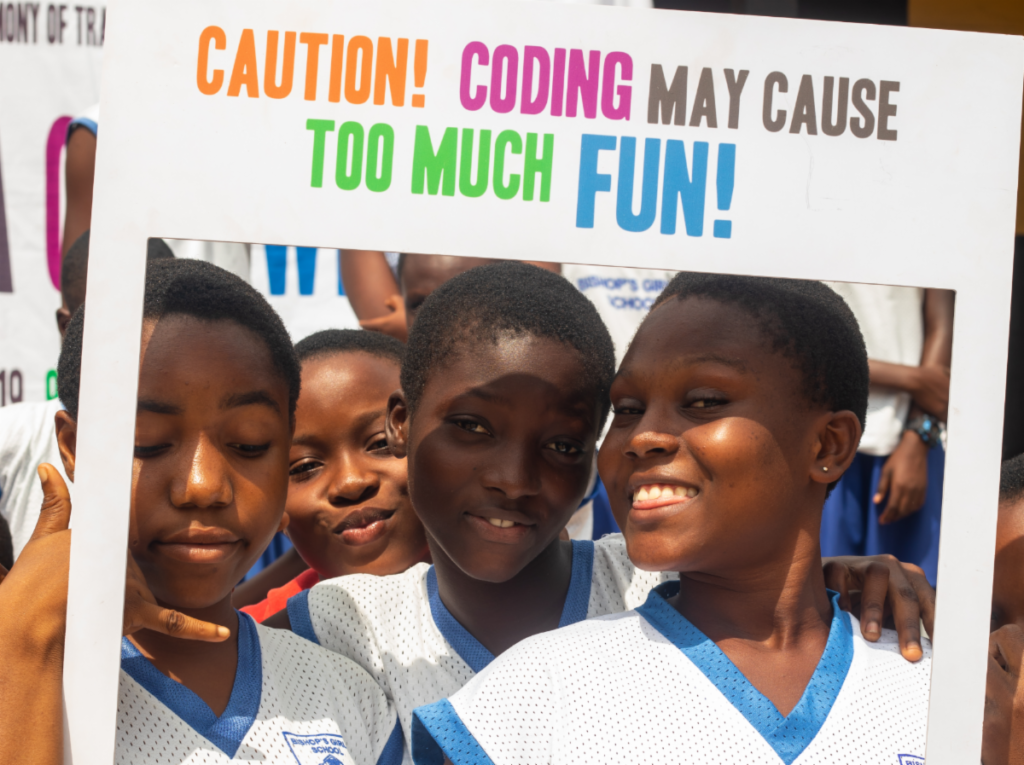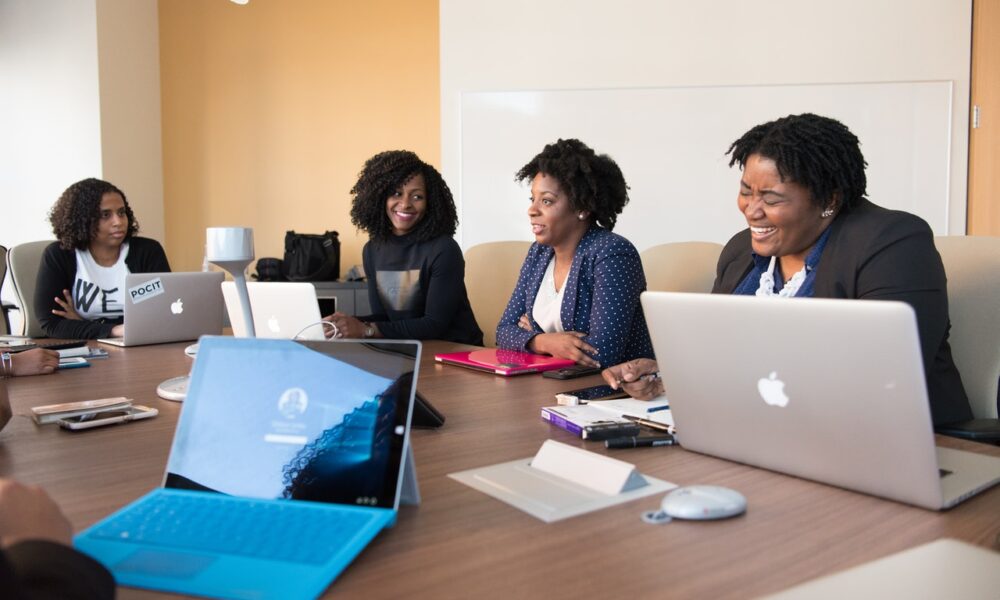Business
Vivo Energy CI repasse au vert avec un bénéfice net de 2,140 milliards FCFA en 2021

JOHANNESBURG, South Africa, 17th May 2022 -/African Media Agency(AMA)/- The 2021 edition of SAP Africa Code Week (ACW) saw more than 1.8m young people between the ages of 8 – 16 equipped with 21st century learning and coding skills via 41,000 workshops held across the continent. Since 2020, there has been a 23% increase in youths trained, bringing the total number of youngsters and teachers empowered to a staggering 10 million.
Cracking the gender inequality code
From the time of ACW’s launch in 2015, SAP, UNESCO and key global partners such as the Association for the Development of Education in Africa (ADEA) and Irish Aid, have been on a mission to introduce coding to youth and teachers, one community at a time. But with only 28% of women pursuing Science, Technology, Engineering and Mathematics (STEM) careers, Africa is well below the global average . Year on year, ACW ambitiously aims to increase the participation of women and girls in this field. During the 2021 edition, more than 48% of the participants were girls, while a further 7,848 were young people with special needs. Olajide Ademola Ajayi, ACW Global Coordinator at SAP, says, “In today’s turbulent post-pandemic digital boom, we need to ensure that no one gets left behind.”
Adding to this, Dr Tawfik Jelassi, Assistant Director-General for Communication and Information at UNESCO, says, “Noting the extent to which digital skills are increasingly needed to understand and participate in today’s knowledge societies, it is particularly important that we address the gender disparity in STEM careers, especially as these are often described as the jobs of the future, driving innovation, social wellbeing, inclusive growth and sustainable development.”
To further inspire and prepare girls for tomorrow’s workplace, ACW recently hosted the fourth annual Women Empowerment Program (WEP), a unique Continuing Professional Development (CPD) program that equips African female educators with the competencies and knowledge they need to successfully teach. The aim of the Program is to close the digital gender gap and help ensure that everyone plays a role in shaping Africa’s future in the Fourth Industrial Revolution.
Abonnez-vous Gratuitement
Accédez instantanément à tous nos contenus premium.Plus de 1000+ articles.



